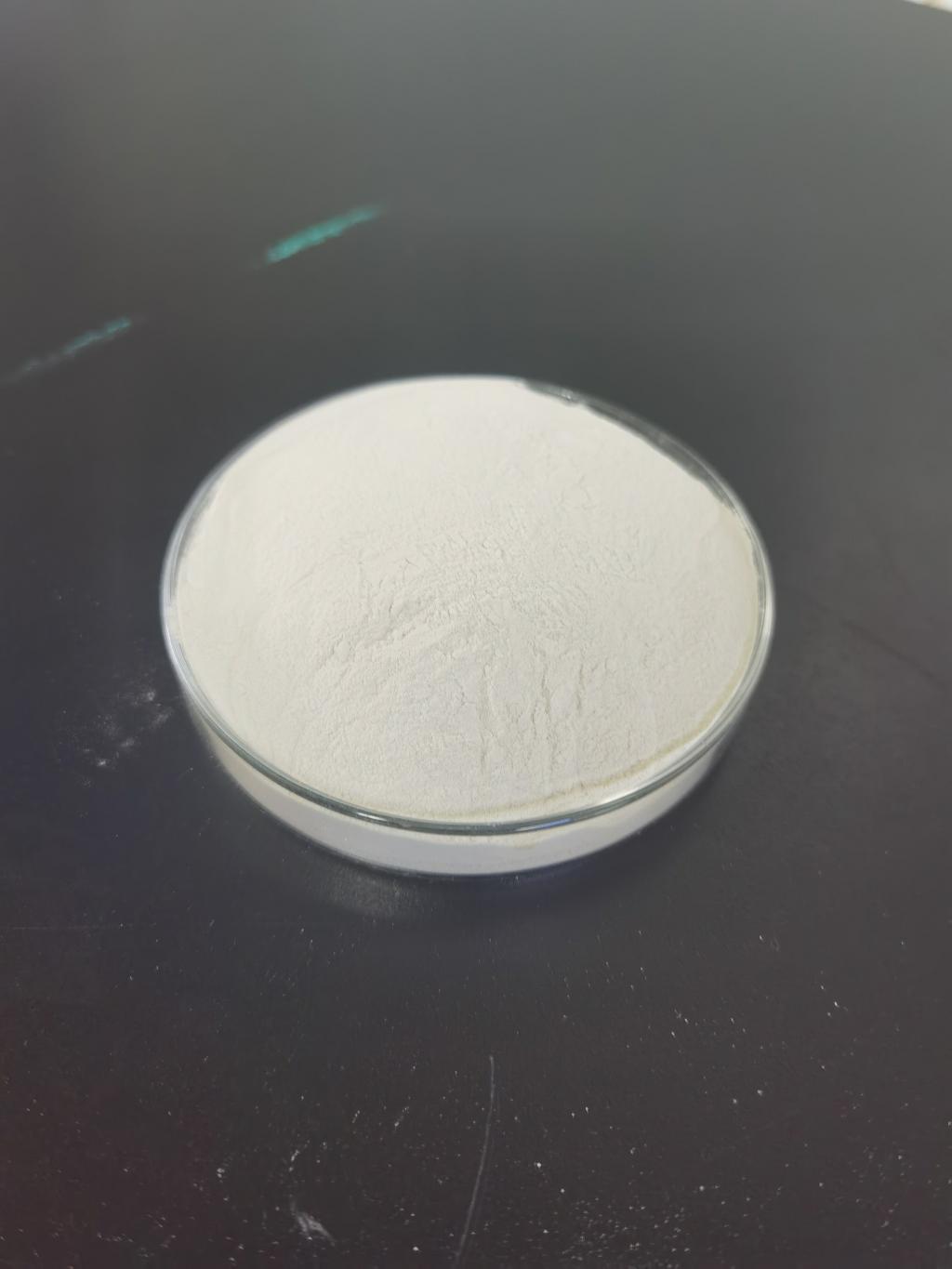Tel:+8618231198596

News
 CONTACT
CONTACT
 CONTACT
CONTACT
- Linkman:Linda Yao
- Tel: +8618231198596
- Email:linda.yao@dcpharma.cn
- Linkman:CHARLES.WANG
- Department:Overseas
- Tel: 0086 0311-85537378 0086 0311-85539701
News
Can Nisin be used as a natural antimicrobial agent in pharmaceutical or personal care products?
TIME:2023-06-15
Introduction
The use of antimicrobial agents in pharmaceutical and personal care products is crucial to prevent the growth and spread of harmful microorganisms. However, the emergence of antibiotic resistance and concerns over the safety of synthetic antimicrobials have prompted researchers to seek natural alternatives. Nisin, a peptide with antimicrobial properties, offers a promising solution due to its natural origin and efficacy against a wide range of pathogens.
Antimicrobial Mechanisms of Nisin
Nisin exhibits its antimicrobial activity through several mechanisms, including pore formation in bacterial cell membranes, inhibition of cell wall biosynthesis, and disruption of bacterial biofilms. These mechanisms collectively contribute to the effective elimination of pathogenic microorganisms.
Application Techniques
Incorporating nisin into pharmaceutical and personal care products requires appropriate application techniques to ensure its optimal efficacy. These techniques may include direct addition, encapsulation, and formulation in various delivery systems. Each technique presents unique advantages and challenges, and ongoing research focuses on optimizing these methods for maximum antimicrobial effectiveness.
Benefits of Nisin in Pharmaceutical and Personal Care Products
a) Enhanced Product Safety: Nisin's antimicrobial properties can help mitigate the risk of contamination and infection associated with pharmaceutical and personal care products. By effectively targeting pathogenic microorganisms, nisin can contribute to improved product safety and reduce the reliance on synthetic antimicrobial agents.
b) Natural Origin: Nisin is a natural peptide derived from lactic acid bacteria, making it an appealing option for consumers seeking natural and sustainable products. Its natural origin aligns with the growing demand for clean-label and environmentally friendly alternatives.
c) Broad Spectrum Activity: Nisin has demonstrated efficacy against a wide range of pathogens, including bacteria, fungi, and some viruses. This broad spectrum of activity enhances its potential applications in various pharmaceutical and personal care products, offering a comprehensive antimicrobial solution.
d) Reduced Risk of Resistance: Unlike some conventional antibiotics, nisin has a low risk of inducing resistance in target microorganisms. Its mechanism of action and complex mode of interaction with bacterial cells make it less prone to resistance development.
Challenges and Considerations
The utilization of nisin as a natural antimicrobial agent in pharmaceutical and personal care products faces certain challenges and considerations. These include optimizing dosage levels, ensuring stability and compatibility with different formulations, addressing regulatory requirements, and considering potential interactions with other product components. Additionally, evaluating long-term safety and efficacy through rigorous testing is essential for successful implementation.
Future Directions
Further research is needed to fully explore the potential of nisin as a natural antimicrobial agent in pharmaceutical and personal care products. Future studies should focus on optimizing formulation techniques, investigating its efficacy against specific pathogens, elucidating mechanisms of action, and conducting comprehensive safety assessments. Collaboration between researchers, industry stakeholders, and regulatory bodies is crucial to promote the adoption of nisin-based antimicrobial strategies.
Conclusion
The utilization of nisin as a natural antimicrobial agent in pharmaceutical and personal care products holds significant promise. Its potent antimicrobial properties, natural origin, broad spectrum of activity, and reduced risk of resistance make it an attractive alternative to synthetic antimicrobials. However, further research, development, and regulatory efforts are necessary to fully explore the potential of nisin and ensure its safe and effective integration into pharmaceutical and personal care formulations.
- Tel:+8618231198596
- Whatsapp:18231198596
- Chat With Skype







